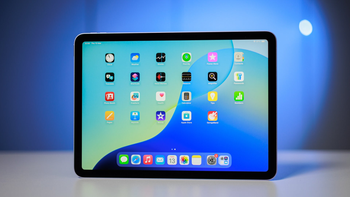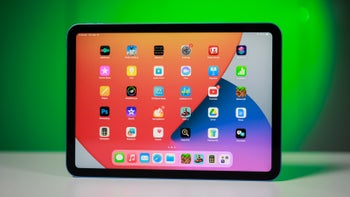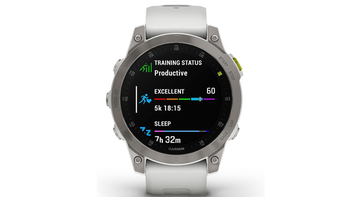Apple’s forward thinking can delay tariff impacts for a short time

President Donald Trump has unveiled a very long list of tariffs that are being applied to almost every country in the world. This has led to many companies scrambling to figure out what to do next but Apple created a safety net for itself and doesn’t have to face the burden of these tariffs just yet.
Apple CEO Tim Cook has not yet been able to convince President Trump to not impose tariffs on the company’s business. Despite having manufacturing hubs across various regions the company is still looking at very high rates for importing goods from every single country it manufactures in.
However, as industry insider Mark Gurman points out in his newsletter, Apple had a contingency in store in case something like this happened. The company, alongside a few others, has been hoarding up on product inventory for months in the U.S. So when the tariffs go into effect from April 9 Apple will have a backlog of products to sell at the same prices as before.

When Apple launches the new iPhone 17 models, including the iPhone 17 Air, later this year it will no longer be able to rely on any older models that it has hoarded. This means that the company will have to introduce the new price increases alongside the launch. Tariffs may be about to force base iPhone models to become more expensive for the first time in a very long while as well.
But regardless of the circumstances, this price increase will negatively impact the iPhone 17 launch. To the average consumer there are no industry politics to consider: only the price tag they see on the box.
Another fun observation is that this inventory backlog may be the last time most Apple products in the U.S. are ones that were made in China. China is now facing a whopping 54 percent tariff rate and Apple will naturally try to shift more business to its other manufacturing hubs like India and Vietnam.
However, as industry insider Mark Gurman points out in his newsletter, Apple had a contingency in store in case something like this happened. The company, alongside a few others, has been hoarding up on product inventory for months in the U.S. So when the tariffs go into effect from April 9 Apple will have a backlog of products to sell at the same prices as before.
This is a short-term solution unfortunately. While it will help the company delay the burden on consumers for a little while it will eventually run out of this inventory. And when that happens there’s a chance that it may ruin the launch of the iPhone 17 lineup.

When Apple launches the new iPhone 17 models, including the iPhone 17 Air, later this year it will no longer be able to rely on any older models that it has hoarded. This means that the company will have to introduce the new price increases alongside the launch. Tariffs may be about to force base iPhone models to become more expensive for the first time in a very long while as well.
But regardless of the circumstances, this price increase will negatively impact the iPhone 17 launch. To the average consumer there are no industry politics to consider: only the price tag they see on the box.
Another fun observation is that this inventory backlog may be the last time most Apple products in the U.S. are ones that were made in China. China is now facing a whopping 54 percent tariff rate and Apple will naturally try to shift more business to its other manufacturing hubs like India and Vietnam.










Things that are NOT allowed: